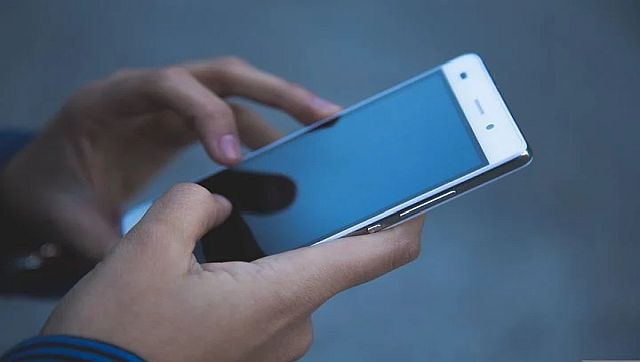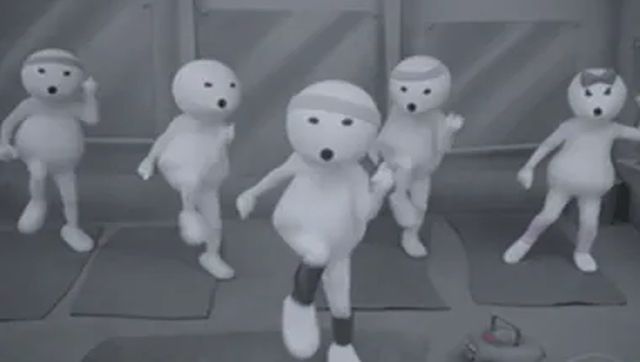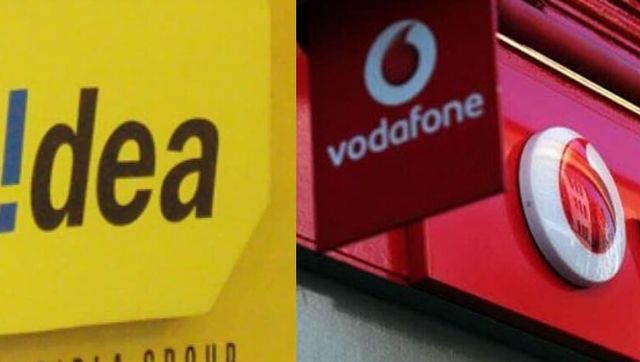New Delhi: Telcos waiting for penalty notices from the Department of Telecom (DoT) on intra-circle 3G roaming (ICR) pacts may be in for a rude shock. The DoT is not only planning to impose a maximum fine of Rs 50 crore per circle, citing licence violations, but has now decided to seek fresh legal opinion on what it calls ‘unjust enrichment’.
Put simply, this means that apart from charging for licence violation, DoT also wants to recover the revenues that telcos have gained by offering intra-circle roaming on 3G services. So, not one but two show-cause notices can be expected by these telcos over the next few days.
According to documents reviewed by Firstpost, top DoT officials will refer the matter of whether a separate show-cause notice should be drafted for ‘unjust enrichment’ by telcos to the Additional Solicitor General (ASG) and take his opinion before taking a final call on the matter.
Bharti, Vodafone, Idea and Aircel had won 3G airwaves in 13, 9 and 11 circles, respectively, and their roaming pacts ensured that customers could access high-speed data services on a pan-India basis.
A draft show-cause notice has already been prepared by DoT for Bharti’s operations in Haryana, Maharashtra, UP (East), Kolkata, Gujarat, Kerala and Madhya Pradesh service areas. Earlier media reports suggested that Bharti is a ’taker’ of 3G spectrum, or uses high-end frequencies of other operators, in the nine regions where it does not have 3G spectrum bandwidth. However, Bharti also shares, or is a ‘giver’ of 3G, to Vodafone and Idea in 10 circles, these reports suggested.
Similarly, Vodafone, Idea and Aircel use each other’s networks in circles where they themselves are not present to offer 3G services. Earlier this year, the Telecom Dispute Settlement Appellate Tribunal (TDSAT) gave a split verdict on a petition filed by telcos, challenging an order by the Department of Telecom to stop such roaming pacts.
While TDSAT Chairman SB Sinha allowed petitions by Bharti Airtel, Vodafone, Idea Cellular, Aircel and Tata Teleservices challenging the DoT order, he also made it clear that the DoT needs to study licence conditions of each operator before deciding if there has been any violation when these telcos entered into pacts with each other to offer 3G services in circles where they did not have the license to offer such services.
But TDSAT member PK Rastogi said since each petitioner (telco) does not have 3G licence in some circles, they cannot provide 3G services in these circles by making an intra-circle arrangement.
Speaking to Firstpost earlier, an official at a leading telco said DoT had acted quite like a rogue in asking telcos to switch off 3G services in those areas where each operator did not hold a licence abruptly at 5 pm on a Friday in December last year. “The DoT order came after the close of working hours, and we had to comply by 3 pm the next day, which was a Saturday. Also, courts were going into a recess…DoT acted like a rogue. This time, we will certainly take this dispute to a higher court even though we know DoT will again issue notices to all telcos”.
So there could be a long legal battle ahead even if DoT gets the Additional Solicitor General’s approval to issue two separate show-cause notices.
In his order, Judge Sinha made it clear that in its recommendations on the subject, sector regulator Trai “did not positively say that the ICR agreements entered into by the petitioners were violative of the terms and conditions of the licence.
It has assigned several reasons suggesting that the licensees should not be allowed to continue to do so as, by reason thereof inter-alia the Central Government, would lose a lot of revenue. But then, as noticed heretobefore, its views were prima-facie in nature. The same were to be accepted by the DoT.”
He said DoT should consider the terms and conditions of each ICR agreement separately “so that the terms and conditions contained therein may be analysed and the decisions therefor are rendered thereafter.”
The government had raised over $12 billion from 3G auctions in 2010. But no company managed to win airwaves in all of the country’s 22 service zones as the bid prices were much higher than expected - this is what led to ICR pacts.


)




)
)
)
)
)
)
)
)